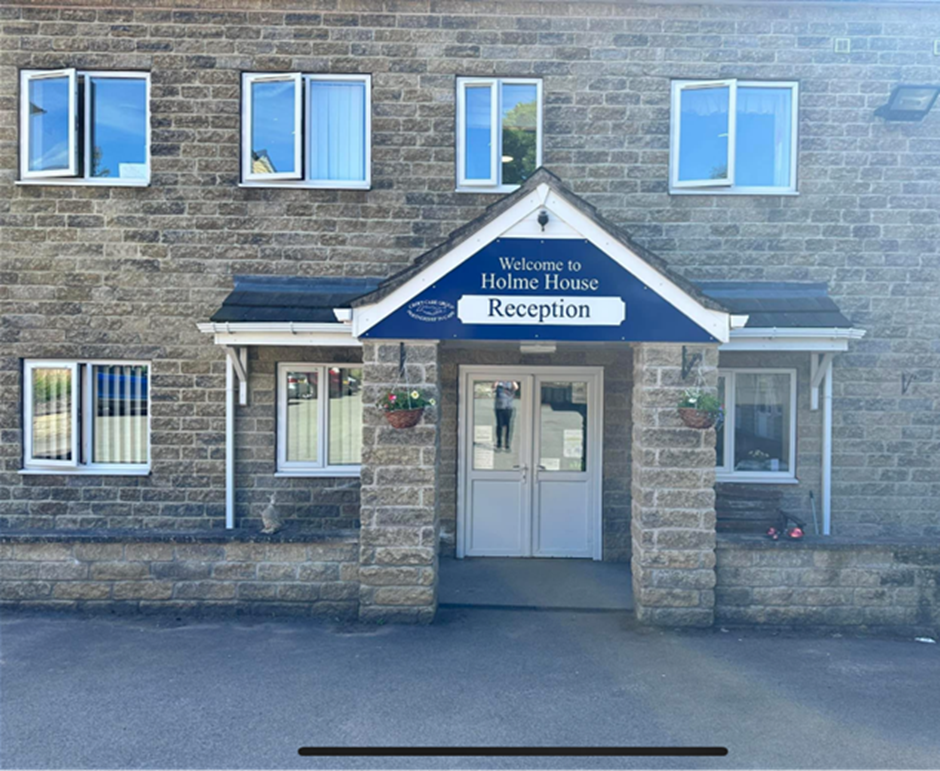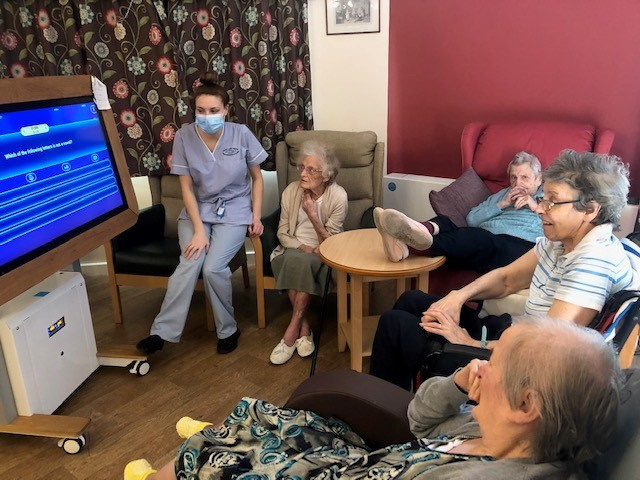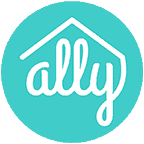
Case Study: Redefining Resident Outcomes at Holme House: Unearthing Transformative Care Insights with Ally
Overview
Holme House Care Home, a 60-bedded facility, faced significant challenges, particularly with falls among its residents, many of whom have dementia and Parkinson’s-related conditions. With funding support from West Yorkshire ICB and Kirklees Local Authority, Dean Cadwallader, the Registered Manager worked closely with Kirklees Care Association to seek out innovative solutions to mitigate risks and enhance the quality of care. Ally’s AI resident monitoring technology proved transformative, delivering measurable benefits to both residents and staff.
Challenges
Falls was identified as the primary pain point at Holme House:
- High fall rates: Residents experienced 30-40 falls per month, with some individuals at heightened risk due to conditions like vascular dementia.
- Limitations of existing Systems: Sensor mats often triggered false alarms, disrupted residents’ sleep, and failed to provide insights into pre-fall behaviours.
- Staff overload: Routine night checks added to workloads, sometimes causing unnecessary disturbances for residents.
Selecting Ally
Holme House evaluated various solutions before selecting Ally. Key factors influencing their decision included:
- Acoustic monitoring: Ally’s ability to detect pre-fall sounds and provide real-time insights stood out. As Dean explained, “With Ally, staff can listen and determine whether they need to check on residents, reducing unnecessary disruptions.”
- Transparency and support: “The team was very open and honest about their product,” Dean shared, appreciating the comprehensive onboarding process and responsive support.
Implementation
The integration of Ally required cultural and operational adjustments:
- Training and support: Initial apprehensions among staff were alleviated through hands-on training and continuous support from Ally. Dean commented, “The onboarding support was amazing. Ally was on hand all the time, addressing any concerns promptly.”
- Adapting Routines: Staff adapted night check schedules to align with Ally’s capabilities, balancing traditional practices with new technology.
Outcomes
Ally’s implementation yielded remarkable improvements:
- Reduction in falls: Falls dropped by over 66%, from an average of 30-40 to around 10 per month. High-risk falls, particularly at night, decreased significantly. Dean cited a compelling example: “A gentleman with vascular dementia went from three to four falls a week to just one fall now. Ally helps staff respond proactively, recognising sounds before he attempts to get up.”
- Enhanced resident wellbeing: By minimising night disturbances, residents enjoyed better sleep, leading to improved mood and engagement during the day. “Residents are more active and alert, participating in activities and requiring less daytime rest,” Dean noted.
- Increased efficiency: Night checks became more targeted, reducing staff workload and enabling more personalised care. “It’s allowed us to become a lot more person-centred,” Dean reflected.
- Improved insights: Ally’s reporting tools provided actionable data, from response times to care trends, aiding decision-making and enhancing safety audits.

Unexpected benefits
Ally’s capabilities extended beyond initial expectations:
- Enhanced family trust: Audio insights helped clarify misunderstandings from understanding the trigger for a resident’s hallucinations and another resident’s paranoia at night, fostering greater family confidence. Dean shared, “A daughter better understood her mother’s condition after hearing audio recordings, leading to more supportive care adjustments.”
- Occupancy growth: Ally became a unique selling point, helping to reopen a previously closed dementia unit and attracting new residents. “Nine times out of ten, Ally has been a decisive factor in admissions,” Dean observed.
Conclusion
Ally has significantly enhanced the quality of care at Holme House, reducing falls, improving resident wellbeing, and alleviating staff workload. As Dean summarised;
“Ally has made the home a happier place. It reduces anxiety for everyone and promotes a better night’s sleep — the best medicine for residents.”
“We’re absolutely delighted with the impact Ally has had at Holme House. The results speak for themselves — fewer falls, better sleep, and residents who are more engaged and settled during the day. It’s been a truly worthwhile investment in both safety and wellbeing. Ally hasn’t just improved outcomes, it’s transformed the way our teams think about night-time care.”
